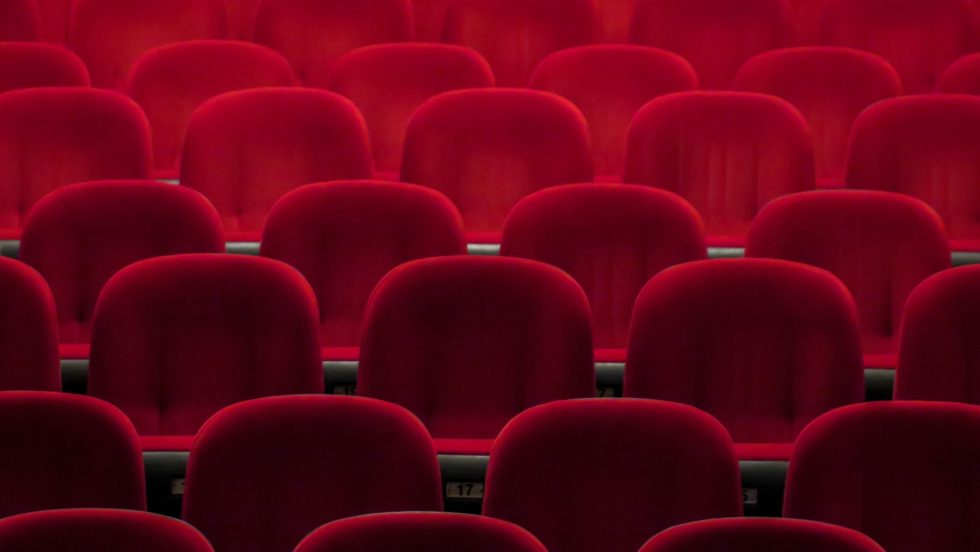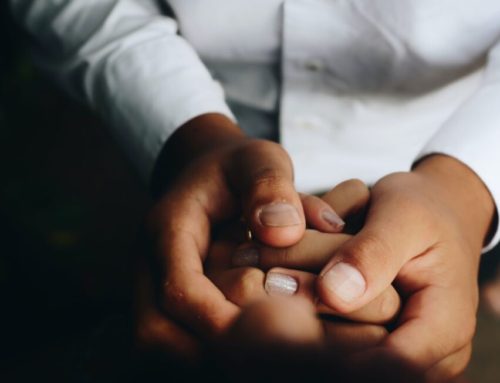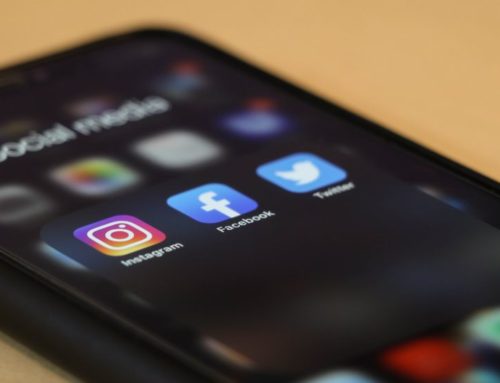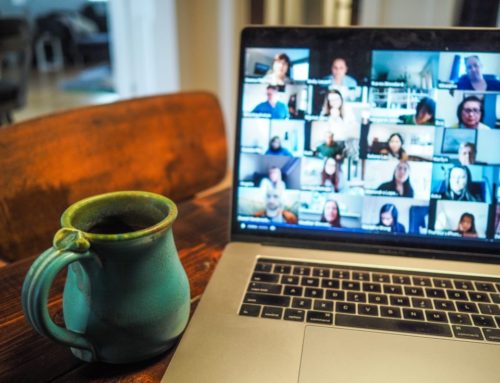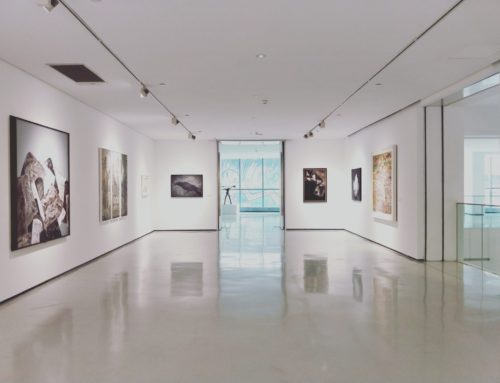Never has it been more important to take warning from the past.
In recent years, ultranationalistic ideology has risen into mainstream politics, lending false credence to racist rhetoric and discriminatory action. America has become a nation embroiled in hateful and divisive sentiments that seem eerily similar to those swept through Germany in the 1930s and 1940s. Those who have studied the lessons of the Holocaust know that America now stands at a pivotal point in its cultural history — and that we need to learn from the past if we want to move towards a future where all can live in freedom, safety, and peace.
It is with that imperative in mind that the United States Holocaust Memorial Museum planned its 2020 Risa K. Lambert “What You Do Matters” Virtual Chicago Event. As the event’s organizers asserted on the event’s page, “Together, we will renew our pledge to ensure that the critical lessons of the Holocaust—lessons about the fragility of freedom, the nature of hate, and the consequences of indifference—help shape the way forward.”
In ordinary years, the Chicago-based event would be the museum’s largest national event, gathering over 2,000 in-person attendees. However, in light of the global pandemic, the USHMM has opted to hold a virtual event; over 1,500 people registered to participate. The organizers chose to adapt the event to a digital format because they believed the country needed its lessons of tolerance and warnings against hate.
“The pandemic is adding fuel to existing hatred,” R. Derek Black, the fundraiser’s keynote speaker, told the Daily Herald. “Educational responses to counter hate, teaching critical lessons of Holocaust history and the importance of human solidarity is so important right now.”
Black brought a unique perspective to his digital podium. Once known as the heir apparent to the Ku Klux Klan and the originator of the first white supremacy website, Stormfront, the scholar famously renounced the racist philosophies he was raised in after attending college and forging friendships with people of the same groups he once maligned.
“We look at the challenges this country faces. Nobody is a better spokesperson than [Black] who has been on both sides of this issue,” Jill Weinberg, the museum’s Midwest regional director, told reporters. “No other community should ever suffer the way the victims of the Holocaust suffered.”
The event also honored Mally Zoberman-Rutkoff, the daughter of two Holocaust survivors. Zoberman-Rutkoff is also known for her work as an activist; she served as the first chair of Chicago’s Children of Survivors group and launched the National Children of Survivors trips to Washington D.C.
“Mally has exhibited extraordinary leadership for the Museum and throughout the community,” the museum notes in its event listing.
Beyond Black’s keynote speech, the Risa K. Lambert “What You Do Matters” Virtual Chicago Event awarded Zoberman-Rutkoff with the museum’s National Leadership Award and featured celebrities (Gal Gadot, Jason Alexander, Jamie Lee Curtis) reading excerpts from the museum’s collection of Holocaust victims’ diaries.
The efforts of all those involved in making the United States Holocaust Memorial Museum’s first large-scale virtual event a success during this unprecedented time are worthy of recognition and gratitude.

